Continuing the 10th Session, on November 21, under the direction of Vice Chairman of the National Assembly Le Minh Hoan, the National Assembly listened to the presentation of the Proposal and the Review Report on the draft Law on Artificial Intelligence (AI). The drafting agency emphasized that this will be a "framework" law, flexible, and timely adapting to the very rapid development of technology.
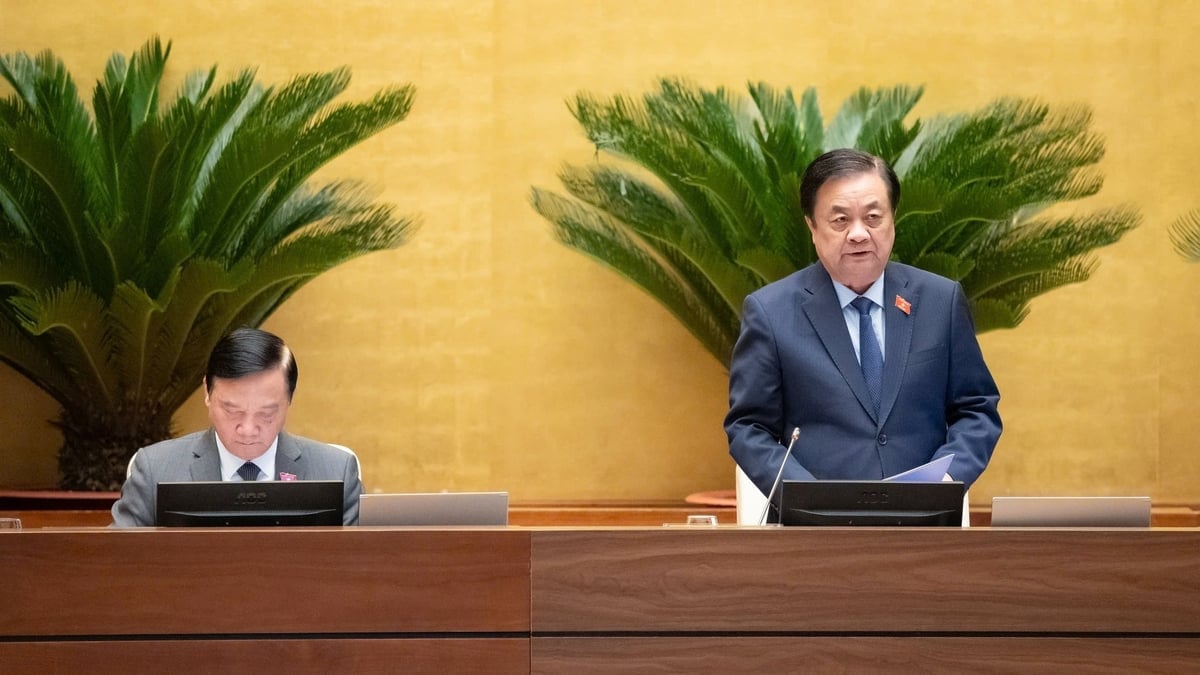
Vice Chairman of the National Assembly Le Minh Hoan chaired the National Assembly's discussion of the draft Law on Artificial Intelligence (AI). Photo: Quochoi.vn
Creating a groundbreaking legal corridor for AI
Presenting the Proposal, Minister of Science and Technology Nguyen Manh Hung said the draft Law consists of 8 chapters and 36 articles, aiming to institutionalize the Party and State's policies, creating a breakthrough legal corridor for artificial intelligence; at the same time promoting innovation, enhancing national competitiveness and appropriate risk management.
According to the Minister, the Law puts people at the center, with the highest principle being that AI serves people, not replaces people, and all important decisions must be supervised by people. The AI system must ensure transparency, responsibility and safety. The Law also takes a risk management approach, encourages domestic AI development, aims for autonomy and ensures national digital sovereignty.
The draft Law inherits and simultaneously abolishes AI-related regulations in the Law on Technology Industry No. 71/2025/QH15, supplements missing legal "gaps", and selectively references international experience suitable to the context of Vietnam.
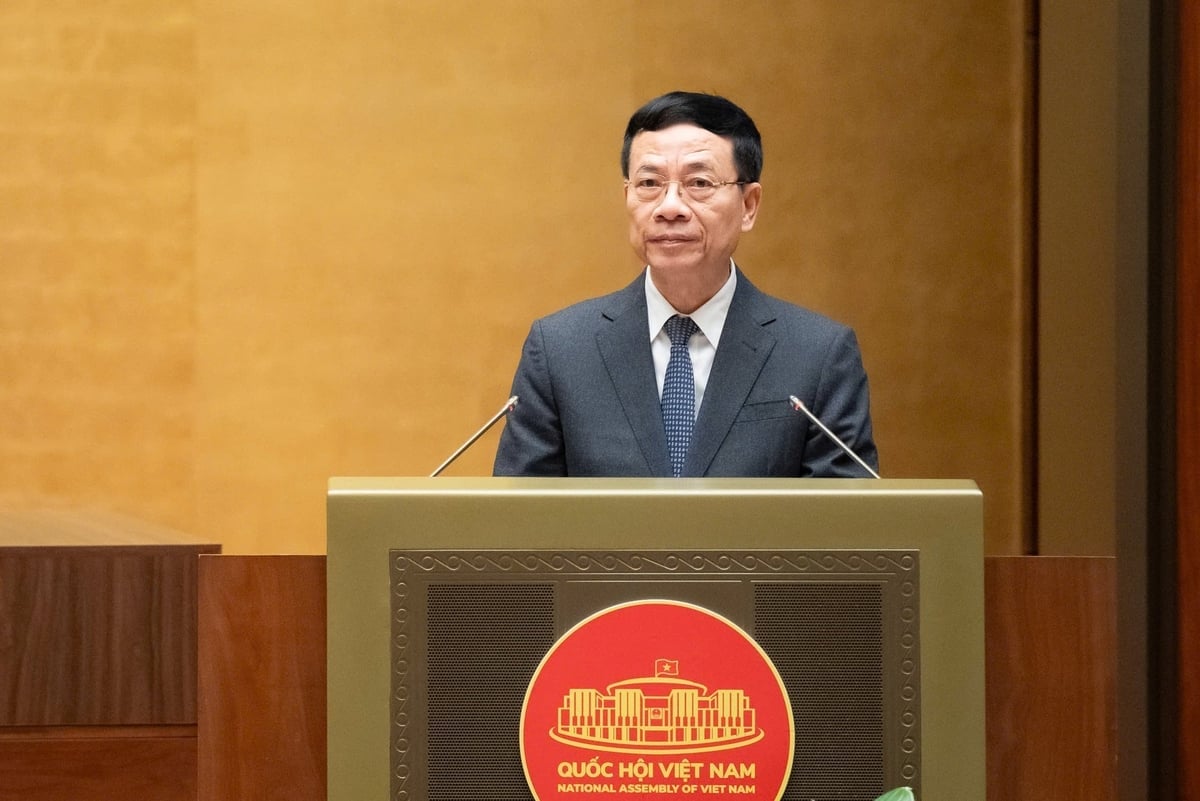
Minister of Science and Technology Nguyen Manh Hung presents the Report. Photo: Quochoi.vn
The Law will regulate all activities of research, development, provision, deployment and use of AI; stipulate the rights and obligations of domestic and foreign organizations and individuals when conducting activities related to AI in Vietnam or creating results used in Vietnam.
Additional regulations for training and research
In his review report, Chairman of the Committee on Science, Technology and Environment (KH,CN&MT) Nguyen Thanh Hai said that the Committee highly appreciated the flexible “framework law” approach. However, in the context of rapid AI development, the possibility of having to amend the Law in a short time is predictable.
The Commission also proposed to adjust the phrase “balance” to “harmony between management and promotion”, because effective management is the foundation for promoting sustainable development.
Regarding legal consistency, the Committee found that the draft is basically suitable, but it needs to continue reviewing it with the Civil Code, the Law on Product and Goods Quality, Technical Standards and Regulations, and specialized laws such as Network Information Security, Digital Transformation, Intellectual Property; and at the same time, updating the content of the Hanoi Convention against Cybercrime signed in October.
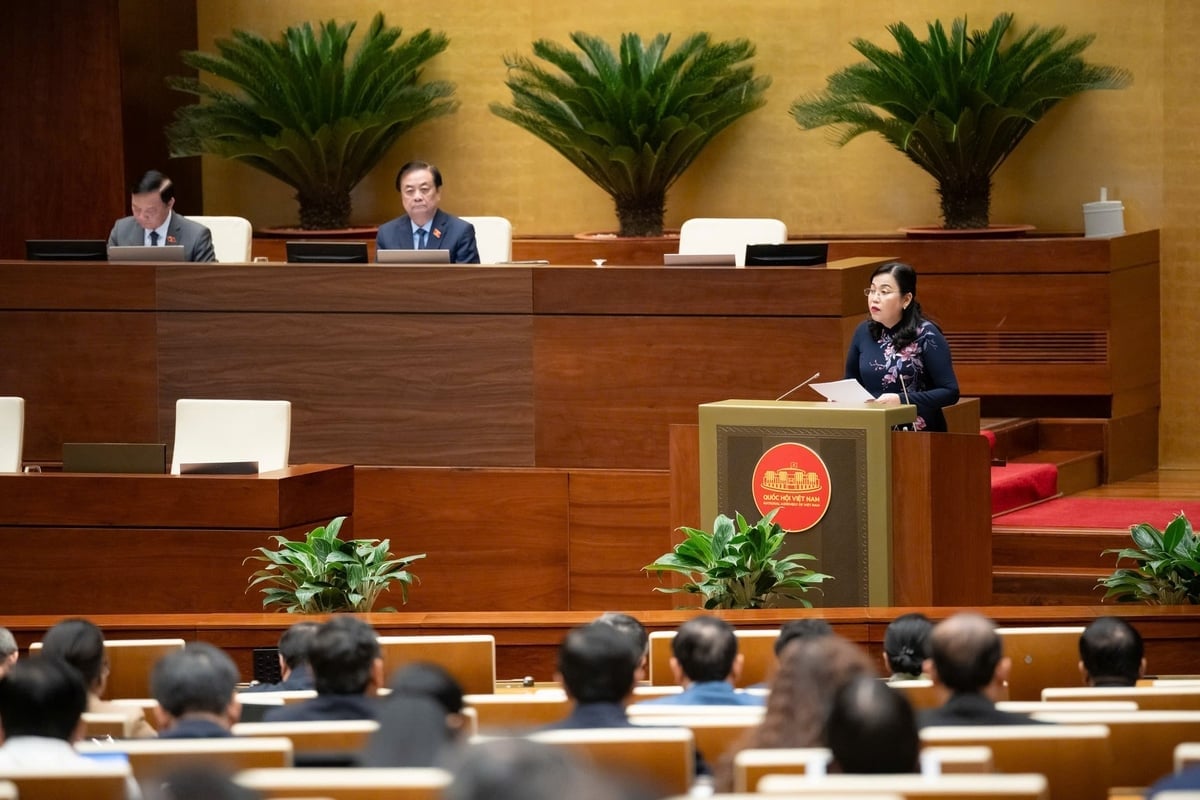
Chairman of the Committee on Science, Technology and Environment (KH,CN&MT) Nguyen Thanh Hai presents the Verification Report. Photo: Quochoi.vn
The committee agreed to classify AI risks into four levels: low - medium - high - unacceptable. However, the draft does not provide quantitative/qualitative criteria to determine risks, lacks regulations on assessment tools and management measures, making self-classification difficult, leading to concerns about legal liability.
The Commission recommends reviewing and reducing pre-audit requirements such as technical documentation and pre-market activity logs to avoid increasing compliance costs and hindering innovation. Instead, a strong shift to post-audit is needed to facilitate businesses.
Clarifying social impact and prohibited behaviors
The Committee proposed clarifying the authority to establish and the operating mechanism of the National Committee on AI, while closely following Initiative No. 26 on "forming a nerve center for AI research, training and testing".
Regarding data, the Committee emphasized the need for principles to ensure data is "correct - sufficient - clean - alive", unified, shared, interconnected and secure, and avoid dispersion that causes bottlenecks for AI research and development.
Since AI can perform human-like actions, determining liability will be complex. The committee recommends adding a principle of dividing responsibility between subjects, including foreign suppliers, and distinguishing between cases of intentional, negligent or technical errors.
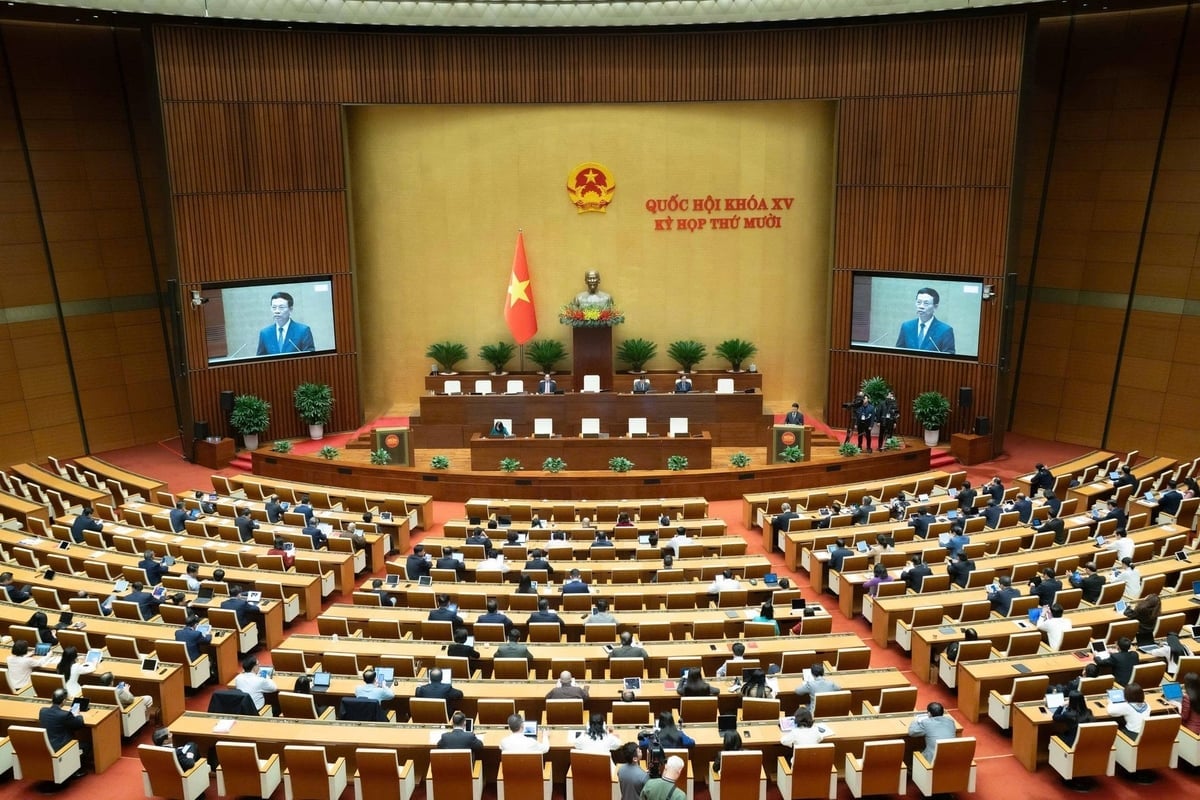
Overview of the meeting. Photo: Quochoi.vn
The Committee proposed adding a separate section on the use of AI in training, research and innovation, as this is an area that has created many breakthroughs but has not been mentioned in the draft Law. Unanswered issues include: copyright, research data protection, data sharing, experimental sandbox, liability exemption when regulations have been complied with...
AI will have a profound impact on jobs, privacy, and cultural and ethical values. Therefore, it is necessary to supplement the principles of social impact assessment and response measures.
Regarding prohibited acts, the Committee proposed to add acts such as: Using AI to cause disorder, incite politics, violate national security; Manipulating voting and elections; Creating fake content (images, videos, sounds...) to defraud, insult honor, and divide society.
The Commission endorses the regulation of labeling products using AI to increase ethical and legal responsibility. However, it is necessary to clearly stipulate the form of labeling, technical standards and exemptions. For hardware devices such as refrigerators, TVs, washing machines, etc., the Commission recommends considering exemption or invisible labeling to avoid procedures while still ensuring management capacity.
Source: https://nongnghiepmoitruong.vn/luat-tri-tue-nhan-tao-dat-con-nguoi-o-trung-tam-d785667.html








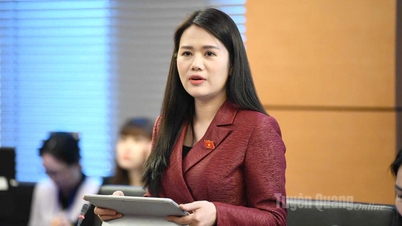

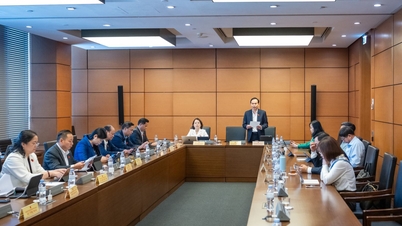

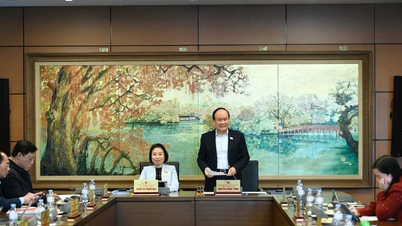

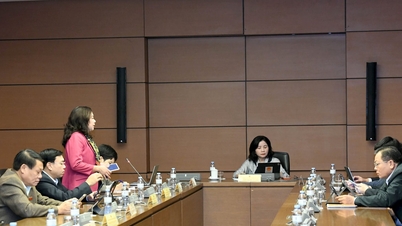
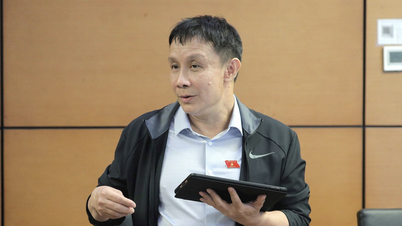
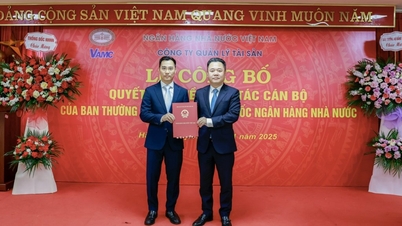



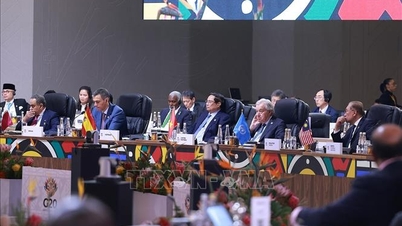





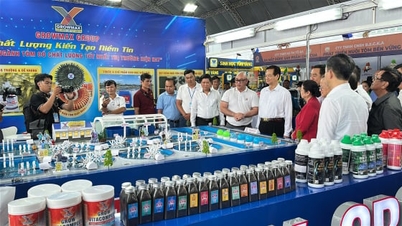

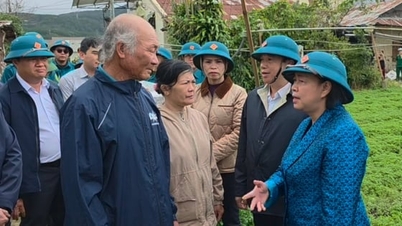
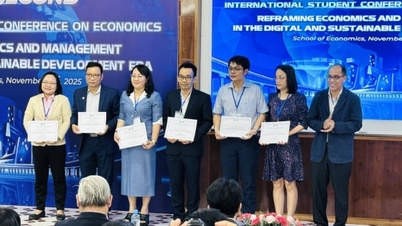
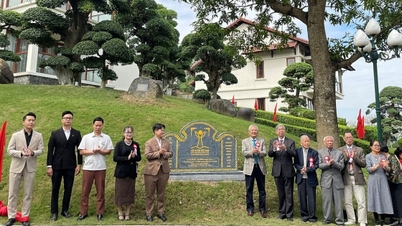
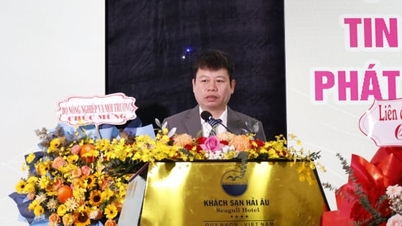



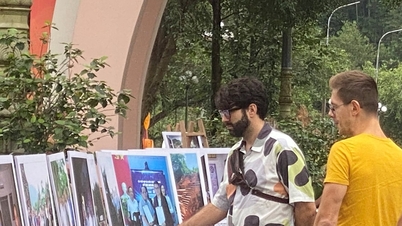



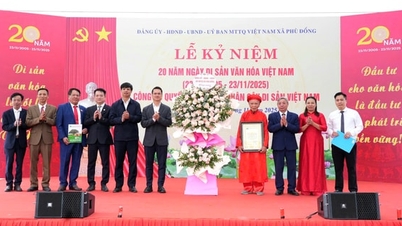




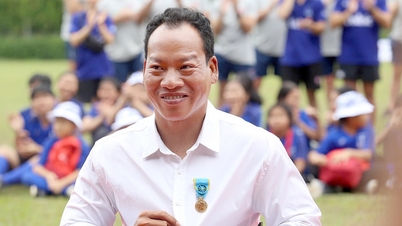



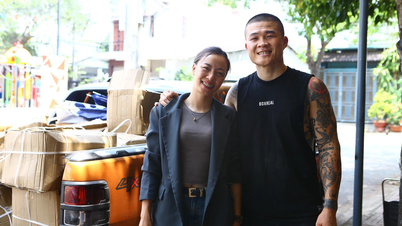

































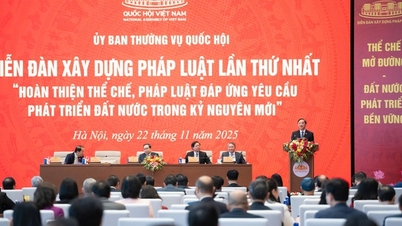

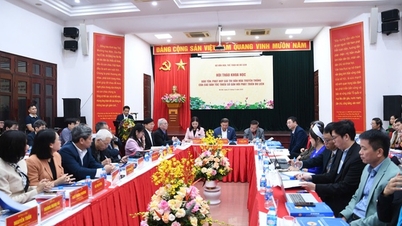

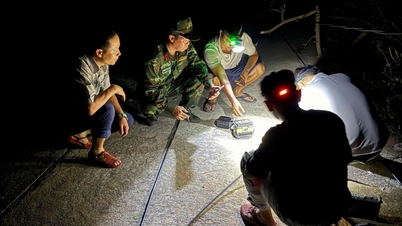

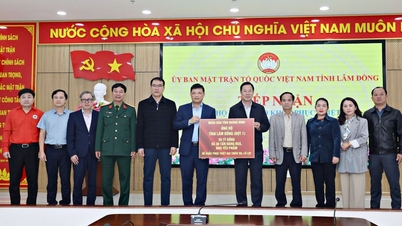






















Comment (0)